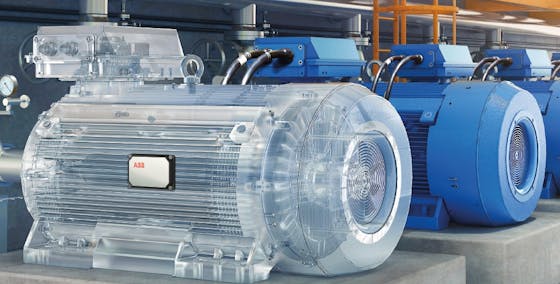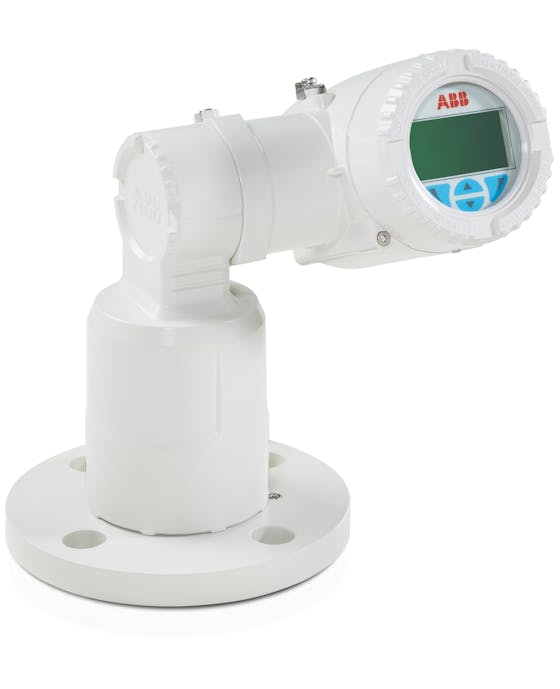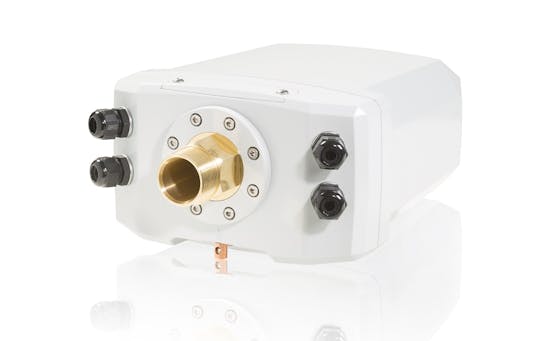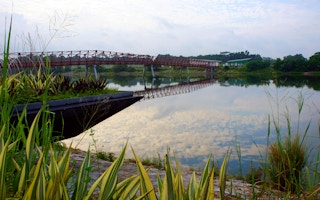From devices that measure the smallest drop in liquid levels to a sensor that analyses hydrogen and moisture in a transformer, technology provider ABB is placing intelligent solutions in the hands of water plant operators to help them manage their facilities better.
In an industry where change is slow, online monitoring will help hasten the transition to a smart water system that will be more resource, manpower and energy efficient.
“In essence, smart water is about getting various parts of the water plant to talk to one another, bringing the data together in a single point and putting it to better use,” says Philip Lee, strategic account manager, water/wastewater, ABB, who is based in Singapore.
Implementing a smart water system makes the current condition of the plant visible to the operator, right from their office. More traditional methods of monitoring involve physically checking on plant operations.
“Currently, many plant operators manage their data via Microsoft Excel spreadsheets. Even if data collection is automated, the different systems are not integrated,” explains Lee. “The data from one plant stays at that plant and is sent back to headquarters at planned intervals.”
“
Smart water is about getting various parts of the water plant to talk to one another, bringing the data together in a single point and putting it to better use.
Philip Lee, strategic account manager, water/wastewater, ABB
Operators of plants that lack smart water systems do not have a real-time overview of the condition of their facilities. This could pose a business and social risk if the plant was to shut down unexpectedly.
Smart water devices alert the operator to abnormalities in performance. The data collected allows operators to predict and call for maintenance work when they need it. Plant maintenance is currently conducted on a scheduled basis, whether or not the device is performing correctly.
Online monitoring devices could also flag incidences of leakage to the operator. Besides representing an unnecessary cost, leakage is a waste of resources.
Tools of the trade
ABB has recognised the emerging trends of Internet of Things technology and digitalisation, and is allocating more resources to research and development in these areas. Over the last three years, it has introduced three new products to move companies towards smarter water systems.

ABB’s condition monitoring solution attached to motors
The first is a condition monitoring solution for the low-voltage motors that drive pumps used in water facilities. Launched in 2016 and set to debut in Asia this year, the solution and sensor will be sold with new motors and can be retrofitted to existing motors.
Besides being able to increase the productivity of the motor, the solution tracks performance to predict when maintenance is required and sends data to operators via Bluetooth.
Another new product unveiled in 2016 is the LLT100 laser level transmitter that is used in the measurement of liquids through laser time of flight, which is the time it takes for a laser beam to travel from the emitting source, hit the surface level of the liquid and return to the receiver.

LLT100 laser level transmitter
Unlike other products on the market or traditional ultrasonic sensors, ABB’s is able to track minuscule changes in the level of water to alert operators to potential leaks or abnormalities within the system.
Furthermore, the LLT100 can be mounted close to the surface or above ground, making maintenance easier for workers. The transmitter can measure depths from 0.5m to 100m and maximises its potential when used for deeper tunnels.
The third smart water product is ABB CoreSense that measures the presence of gases within transformer oil in real time, alerting plant operators to fluctuations in the levels of hydrogen and moisture before breakdowns occur. Industrial transformers are filled with oil, and too much moisture or hydrogen within the oil can cause damage to the transformer. CoreSense allows operators to anticipate and avert breakdowns.
CoreSense, introduced to the market in 2015, can be installed or retrofitted on any type of transformer, and no maintenance is required.
Lee explained that ABB develops its products according to what the end user is looking for. For instance, while CoreSense does not measure the full range of possible gases within transformer oil, it looks at gases that are most crucial to the health of the transformer.
“There are a lot of devices in the market that can measure a wide variety of gases, but is it something that is really applicable to the water industry?” he asks.

ABB CoreSense
This offers the customer the additional benefit of affordability. Lee says it does not make sense for customers to be investing $100,000 each time transformers have to be replaced. Instead, affordable sensors that monitor the key gases would be more viable.
Switching to a smart water system would save on unnecessary maintenance. “You are able to plan the maintenance of a plant based on actual running data rather than scheduled maintenance,” says Lee.
He explains that transformer health is checked on a yearly basis, but with a smart water system, maintenance frequency could be reduced to once every five years or when readings from the device show irregularities.
The LLT100 also offers operational benefits in terms of safety for workers, as they will no longer need to climb into the tunnel to repair or replace sensors because everything can be done above ground.
The devices have already been deployed in water plants in the US, Australia, Norway, Canada and the European Union.






















